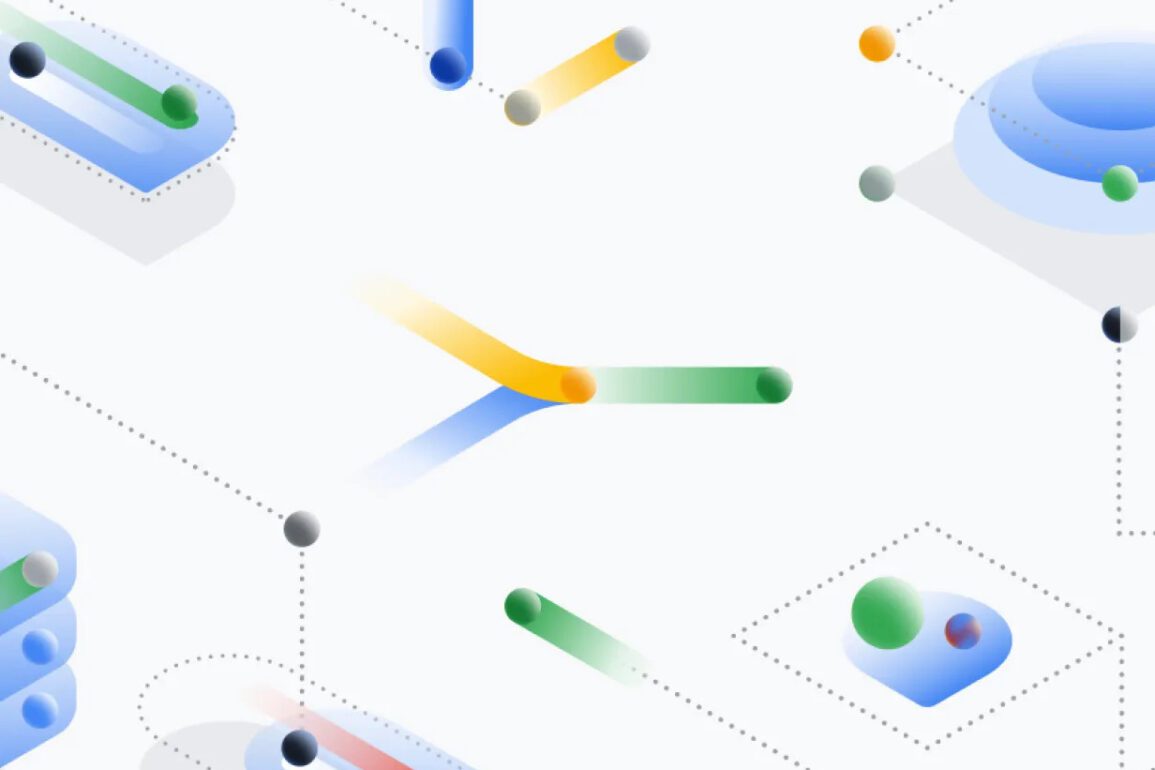Google has unveiled a significant surge in searches related to artificial intelligence (AI) in South Africa, demonstrating an unprecedented level of interest in this cutting-edge field. According to recent search trends data released by the tech giant, 2023 has witnessed a remarkable 230% increase in AI-related queries since the previous year, and an astounding 700% surge over the last five years.
Queries such as “what is AI technology?” (+1,700%), “how to invest in AI?” (+950%), “who created AI?” (+650%), and “how does artificial intelligence work?” (+500%) have all emerged as prominent search topics this year.
The release of Bard, Google’s conversational AI service, in South Africa in March has undoubtedly played a pivotal role in igniting this surge of interest. Google envisions AI as a transformative force with the potential to benefit individuals, businesses, and communities. The company is committed to advancing AI in a responsible manner, advocating for judicious regulation, collaborating with partners to ensure ethical AI development, and prioritising the technology’s application for the public good.
Beyond seeking to understand AI through Google Search, South Africans are increasingly exploring ways to leverage AI to enhance productivity, fuel creativity, and advance their careers. Searches relating to AI on CVs and resumes have skyrocketed by an impressive 1,050%. Moreover, searches for “AI song generator” (+5,850%), “AI logo generator” (+5,560%), “AI photo editor” (+4,500%), “AI video editor” (+3,100%), and “AI story writer” (+1,400%) have all witnessed substantial upticks.
Alistair Mokoena, Country Director of Google South Africa, expressed enthusiasm for the burgeoning interest in AI, emphasising the need for conscientiously developed AI tools. In the rapidly evolving technological landscape, Google’s focus in South Africa remains steadfast: to foster close collaboration, exercise utmost responsibility, and maximise the potential of AI while ensuring its responsible application.
The data also reveals a growing eagerness among South Africans to advance their careers and acquire new skills. Searches for “how can I start a business with no money” have surged by 1,250% since the previous year. Additionally, queries for “how to make a website for your business” have seen a 200% increase, while “how to start [an] online business from home” has risen by 150%.
Digital skills, particularly in areas like business management, teaching, health and safety, and cybersecurity, have emerged as focal points for South Africans looking to upskill. Searches for “digital marketing courses” have doubled in 2023, and interest in machine learning courses has witnessed an extraordinary 1,500% surge.
The company’s commitment to digital skills development is evident through its “Grow with Google” program, which has trained over 7 million people across Africa since 2015. The company’s Career Certificates offer opportunities for job seekers to acquire in-demand skills without the need for a college degree.
In terms of cybersecurity, South Africans are taking proactive steps to safeguard their digital presence. Searches for “spear phishing” (+4,050%), “SMS phishing” (+950%), and “rogue security software” (+350%) have all experienced substantial growth over the past five years. Notably, search interest in “internet safety” has tripled this year alone.
Misinformation has also emerged as a significant concern, with searches for “fact-checking” rising by over 450% in the last five years. South Africa ranks among the top 10 countries worldwide in searches related to misinformation and information literacy. Trending searches in this category include “what is fake news?”, “how to spot fake news”, and “why do people spread fake news?”.
Google is leveraging AI to tackle these challenges head-on. Gmail, for instance, automatically blocks a staggering 99.9% of malware, phishing, and spam, safeguarding over 1.5 billion inboxes through AI-powered defenses. Furthermore, through initiatives like the Google News Initiative, engineers collaborate with fact-checkers and publishers, harnessing AI tools to combat misinformation.
Jigsaw, a division within Google dedicated to countering online harms, has forged partnerships with local experts and academics to develop strategies for combating disinformation and empowering users to identify and refute false information.










